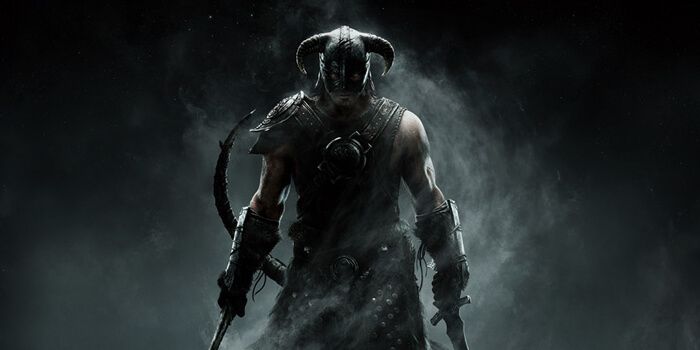When Valve revealed its paid-for mod initiative for Steam, it was immediately hit with a wave of complaints from the gaming community. The move, allowing creators to sell their modded content for real-world money, seemed to fly in the face of the traditional free mod structure, with concerned gamers claiming that the move was ill thought-out and open to exploitation. Indeed, some of those criticisms seemed accurate from the off, after a Steam Workshop Skyrim mod had to be removed for stealing assets.
Immediately, Valve was placed into damage control mode, with Gabe Newell taking to Reddit to address fan concerns and stating that a 'pay what you want' option would be added. Even the Steam guru was unable to soothe the gaming community, however, and it wasn't long before Valve cancelled the paid mod workshop for its gaming test subject Skyrim. The Steam creator even admitted that it "didn't understand" exactly what they were doing with the ambitious project.
Lost amongst all the criticism, however, is one of the positives of Steam's now infamous move. Modders would theoretically be able to make a living off their creations, a rare occurrence in the current mod culture that leaves creators almost entirely reliant on donations. Some of the modders who saw the potential of Valve's initiative caught some extreme backlash from the gaming community, however, with some even receiving death threats.
Polygon recently spoke with modders who were on the receiving end of violent threats, including Skyrim modder James Ives. "I've received countless death threats, attacks, and hateful comments," said Ives, aka Jimo. Meanwhile, Thiago Vidotto was also the recipient of hateful messages. Vidotto, who started modding back in the Quake scene, was accused of "destroying the gaming world" through requesting payment for the content he created.
It is strange to see modders receive such vicious threats over the ignominious Valve scheme. After all, all these mod creators did was see the potential to be paid for their hard work, and the slim chance to make a living by doing what they love. The creators themselves were not responsible for the 25% cut that Valve had in place for paid-for content, nor for the lack of system in place to detect stolen mods.
In the end, it comes down to a cultural clash between different parts of the PC gaming community. Whilst traditional modding has always been free, it certainly seems fair that the best creators of fan-made content should be able to charge for the scenarios and additional content they have created. As it stands, the traditional side of the community has made its voice clear on the Steam mod matter, but death threats and abuse against individual creators leaves a bitter taste over this whole affair.
Source: Polygon

